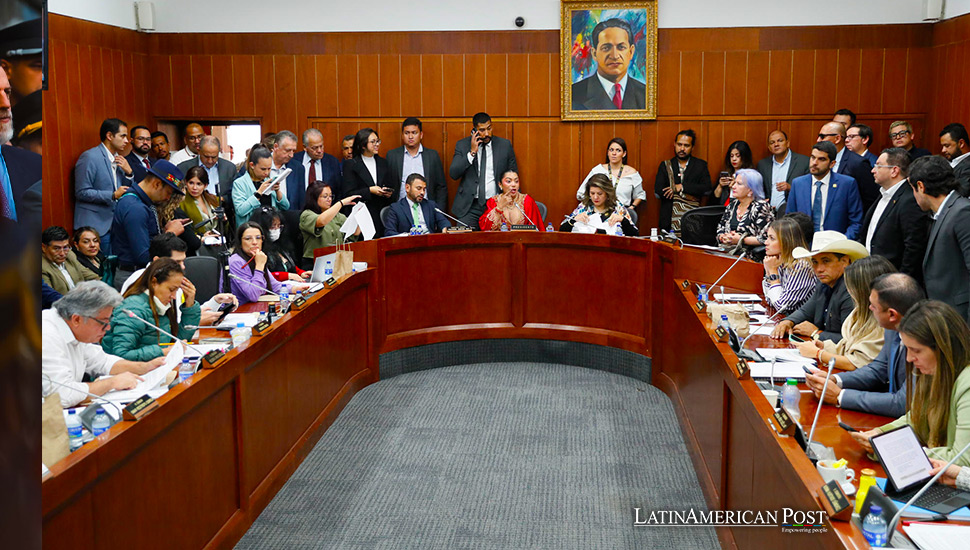Colombian Senate Committee Rejects Petro’s Health Reform

In Colombia, President Gustavo Petro’s ambitious health reform hit a roadblock as a Senate committee voted against it, sparking debates on healthcare accessibility, political influence, and the future of reform in a region grappling with similar challenges.
In a significant setback for Colombian President Gustavo Petro, a Senate committee recently voted down a key health reform proposal, highlighting the challenges faced by the leftist leader in enacting pivotal legislation. The rejected reform, central to Petro’s campaign promises, aimed to dismantle the power of private insurers and broaden healthcare access in Colombia, reflecting a broader Latin American trend toward extensive health system overhauls.
Petro’s Response and Market Reactions
The committee’s decision, opposed by a 9-5 vote, not only underscores Petro’s political hurdles but also signals potential market relief, given the skepticism surrounding his reform agenda. Petro, expressing disappointment, took to social media to critique the political dominance of business interests. He reaffirmed his commitment to pursuing health reform within democratic frameworks, as Interior Minister Luis Fernando Velasco echoed.
Despite this legislative defeat, the government remains poised to introduce an amended version of the reform in the upcoming legislative session, signaling continued efforts to reshape Colombia’s healthcare landscape. This political narrative mirrors broader regional dynamics, where countries across Latin America are wrestling with healthcare reforms amidst varying political resistance and market apprehension.
Complicating matters, Petro’s administration recently assumed control of two major health insurers, alleging inadequate service provision. While consolidating government influence over healthcare, this move has sparked opposition fears of an overly centralized system.
Analysts, like Sergio Guzman of Colombia Risk Analysis, speculate that the government may pivot to regulatory interventions to advance its healthcare objectives, especially in light of legislative pushback. Beyond healthcare, Petro’s reform agenda includes pension and labor law overhauls, with the Senate poised to deliberate on the pension reform imminently.
Addressing Operational Inefficiencies
The health bill proposed establishing a state agency to centralize and expedite financial transactions with healthcare providers, addressing the chronic payment delays plaguing Colombia’s health system. The debt to healthcare providers, contested in magnitude, underscores the economic strains and operational inefficiencies needing urgent reform.
Moreover, the reform aimed to establish primary care centers to enhance patient care timeliness and alleviate emergency service burdens. However, it faced criticism for potentially limiting patient choice, reflecting a tension between accessibility and autonomy that resonates across Latin American health debates.
Also read: Colombia in New Diplomatic Tensions Over Milei’s Comments
As Colombia, and by extension Latin America, grapples with these complex healthcare reform issues, the intersection of political maneuvering, market reactions, and public health needs continues to shape the discourse, influencing the trajectory of health policy in the region.




